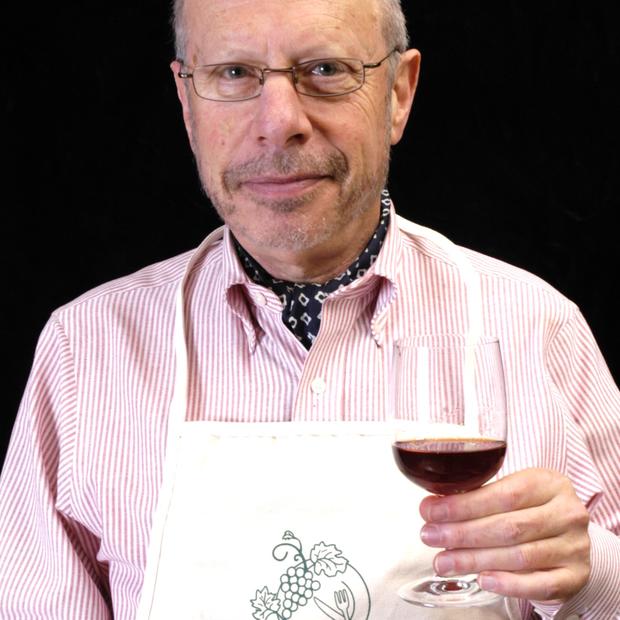Becky Selengut is one of the people who will save Western Civilization (alongside fellow Seattleites Langdon Cook, Jon Rowley, and Kate McDermott). She knows the difference not just between good and evil (too easy) but, when it comes to seafood, between good and not-good-enough.
Selengut's new book, Good Fish, comes down squarely on the side of the animals. "We humans," she writes, "eat too much fish." To be clear, she means we eat too much of the same kinds of fish. But this is a cookbook, and a very elegant one at that, so you know there's going to be a lot of informative (and politically correct) instruction, accompanied by Clare Barboza's evocative photos.
Most importantly: Seafood is like produce, and you should only buy what's in season. That may not always mean "fresh," because salmon and tuna might well be better frozen. Farmed salmon, imported shrimp, and bluefin tuna are on Selengut's no-no list.
She points out that shellfish, especially local mussels and clams, should come with a state-issued tag that tells the consumer where and when they were harvested. If the retailer can't provide the tag, don't buy. Would that the same traceability existed for individual head of beef!
The well-organized recipes include wine recommendations by Selengut's partner, April Pogue. There's also a useful list of seafood at risk of mercury contamination. My quibble with Selengut's recipes: her "Sicilian" pasta con le sarde. Not so much the use of farro to make the pasta; that's a matter of taste. But no wild mountain fennel? Dio mio!
Selengut's strong suits are mouthfuls: seasonality and sustainability. Easy concepts to grasp, not always simple to execute. There's help online: Selengut's blog, ChefReinvented, which guides the reader to the shoots of baby nettles or mousserons just poking up through the underbrush.


